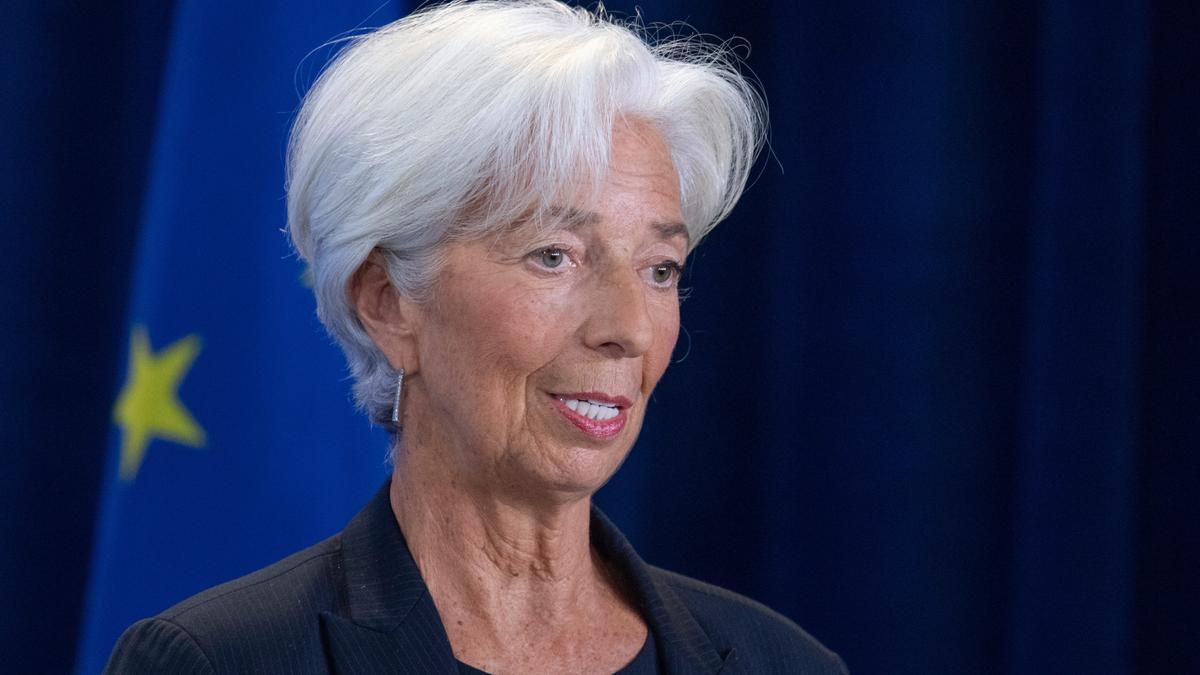ECB rate cut | The ECB cuts interest rates: these are the consequences for family economies

This Thursday, the European Central Bank (ECB) will cut interest rates by 25 basis points from 4.5% to 4.25% after inflation has slowed in recent months. The body, chaired by Frenchwoman Christine Lagarde, will put an end to the rise in the price of money, which began in July 2022 to combat rising prices that were stifling the economy at the time due to the energy crisis of the war in Ukraine. In October of the same year, price growth peaked at 10.7%. However, the ECB appears to have price increases under control following the latest data for May, which showed the consumer price index (CPI) at 2.6%.
These are the consequences of this movement, according to financial comparator Helpmycash, for the real economy. Lower interest rates mean lower financing costs for companies. and a lower burden for those in debt.
-
The start of a new trend: Although the ECB is cutting rates this Thursday, it doesn’t look like it marks the start of an ongoing series of cuts. The ECB has made it clear that it intends to exercise caution and base its decisions on specific economic data. No specific timetable for future cuts is expected.
-
Impact on the economy: This measure aims to stimulate economic growth in Europe, where it has been weak. Lower rates make it cheaper to borrow for investment, potentially boosting economic activity.
-
Possible future inflation: While inflation remains broadly under control (2.6% in May), there are concerns about factors such as geopolitics and rising wages that could put upward pressure on prices in the future.
-
Global context: The ECB is ahead of the US Federal Reserve in cutting rates due to economic instability in Europe, especially in countries such as Germany.
-
The future of interest rates: Opinions vary on how many additional cuts the ECB could make in 2024. Some are predicting another contraction towards the end of the year, but everything will depend on how macroeconomic data and the global economic situation develop.
-
Benefits for mortgage holders: In October, the Euribor index reached its highest level in six years, reaching 4.16%. The forecast of lower rates saw the mortgage index close at 3.68% in May, and this will mean that new credit ratings will be lowered in the coming months. On average, mortgages will become cheaper by 190 euros.
-
Bag incentive: Ibex 35 rose 11.7% and Euro Stoxx 50 rose 9.55%. The biggest victims in stock markets could be banks, which fell sharply on Tuesday after impressive gains this year. Lower financing costs give breathing space to indebted companies and encourage the use of risky assets such as shares.
-
Fixed income volatility: Volatility dominates this market as bond yields fluctuate regularly. So did the US 10-year note, which started the year at 3.89%, rose to 4.70% at the end of April and is now at 4.43%. “Bond yields, which are near recent highs, continue to offer good entry opportunities for investors who have not yet decided to buy bonds,” explains Katherine Reichlin, head of research at Mirabaud.
So, although the initial cut is significant, the ECB will maintain a gradual and cautious approach to monetary policy, adjusting its decisions based on new economic data.
